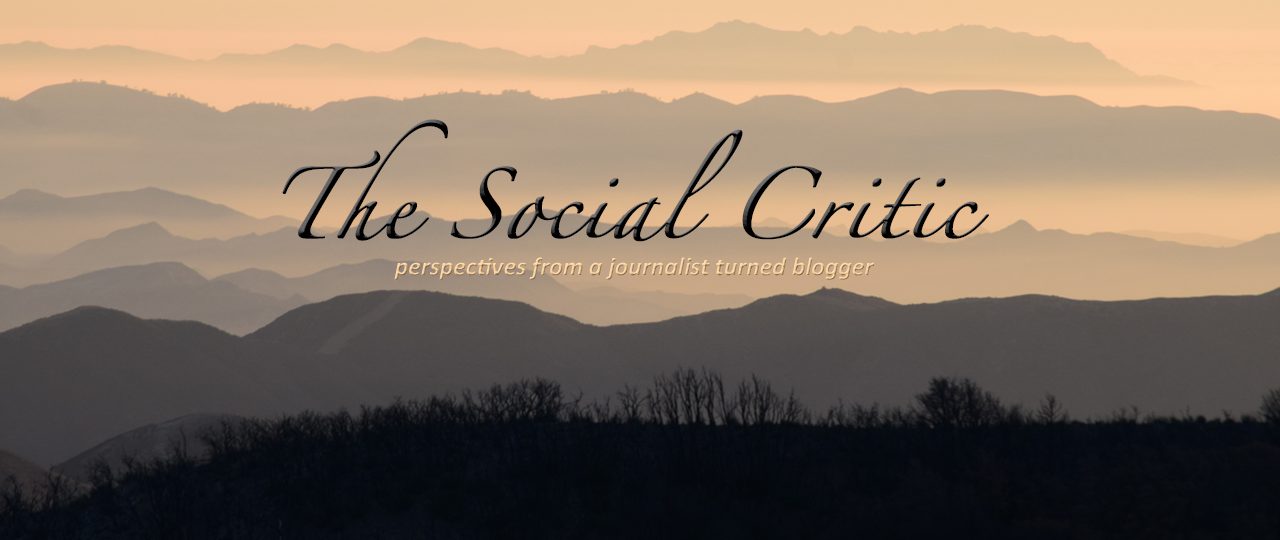Don’t be a stranger.
That’s the message of a 45-year-long study according to US News and World Report in “Job Loss Has Long-Term Impact on Social Lives“.
Once someone in the prime of life suffers a layoff or is otherwise displaced from the workforce, community connections — anything from a PTA meeting, charity involvement, sporting team or church attendance — are severed for good at least 35 percent of the time, study results show.
Perhaps this comes as a surprise. It shouldn’t. How many of us have grown distant from someone simply because they left our school, workplace, club or church?
And how many of us, by the same token, have isolated ourselves because we fear that others will judge us when the chips are down?
“Social engagement often involves an element of social trust and a sense that things are reciprocal — that you give some support if you get some support, and you benefit from society if society benefits from you,” UCLA sociologist and lead study author Jennie E. Brand said in a university press release. “When workers are displaced, the tendency is to feel as though the social contract has been violated, and we found that they are less likely to reciprocate.”
Translation? Feeling ashamed, embarrassed or fearful of judgment causes far too many of us to retreat into our proverbial caves.
To extrapolate beyond the scope of employed vs. unemployed, any number of crisis — say a voluntary decision to become a full-time caretaker of an ill or disabled family member, or a medical condition that forces you to retrain for a new position or scale back career or social commitments — might be expected to produce similar, if not greater, impacts on one’s sense of community. These are the life circumstances where fair weather friends and superficial partners flee, where the tough keep on going — but too often go it alone.
Life is a journey meant to be shared.
Studies show that people who have safety nets and support systems tend to fair better mentally and spiritually, which in turn may translate into a longer, healthier life. If this latest study proves anything, it is that reaching out to others, whether we can personally relate to them at the moment or not, is no small gesture. It’s the reaffirmation that relationships are more important than circumstances; people are more important than things; connection is more meaningful than a fat bank account, and that real people are not put off by the twists, turns and upheavals of real life — theirs or others’.
Each of us are infinitely more valuable than our job titles would suggest. We are more than a parent. More than a spouse. More than a sister or brother. More than a student. More than a degree. More than a fancy car. More than a pair of designer jeans. Social barometers are just that — snap judgments that shouldn’t confine intelligent adults to narrow little boxes in which there is no room for new friends, different experiences and a broader sense of connectedness. To surround ourselves with people who are exactly like us is to find camaraderie in one sense, but with it the stress of competition (“keeping up with the Jones'”). More importantly, it is difficult to appreciate how truly blessed we are when we avoid those who no longer reside on Easy Street. Similarly, it is difficult to regain a sense of normalcy when we presume we are alone in our challenging circumstances and no longer make an effort to “reach out and touch someone”.
What can those of us who find ourselves or someone we know in tough circumstances do?
Don’t wait for someone else to meet your needs and expectations. Don’t be too proud to ask for help. Be the change you want to see in the world: Model what it looks like to be mature, compassionate and committed. And never let anyone or anything convince you that it’s too late.
From a distance, those who are too artificial to care and those who isolate themselves out of fear of rejection appear deceptively alike. Community, by contrast, is the understanding that both halves form a whole. In reality, the distance between two people is merely a phone call, email or “How are you?” away.
It took over 45 years for sociologists to gather enough data to confirm what we already know.
Don’t let a valuable reminder go to waste.
###
